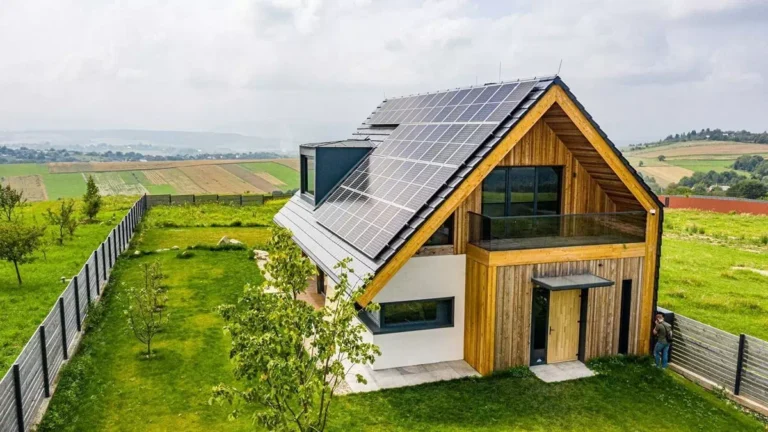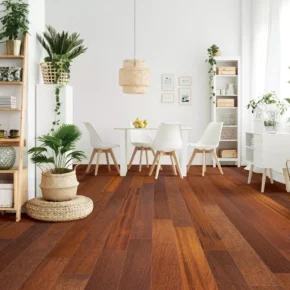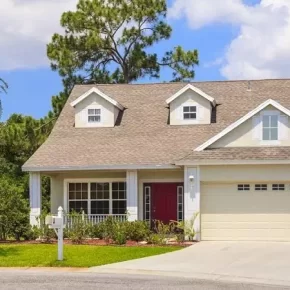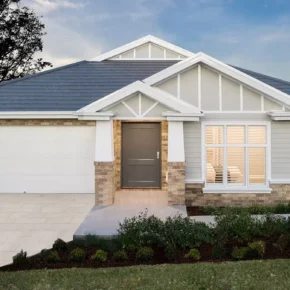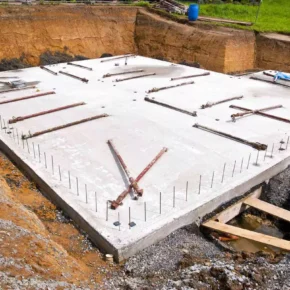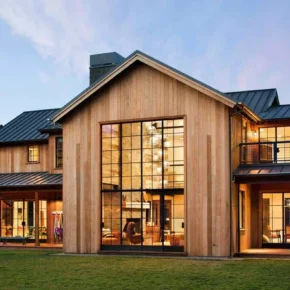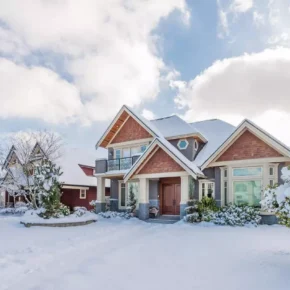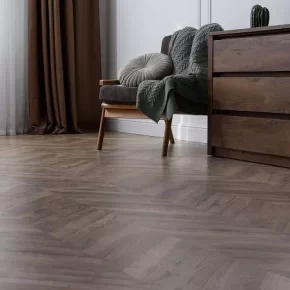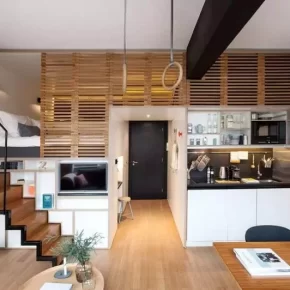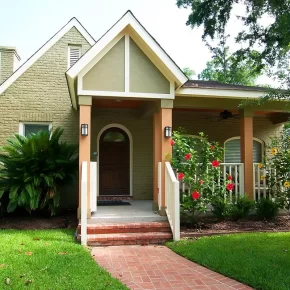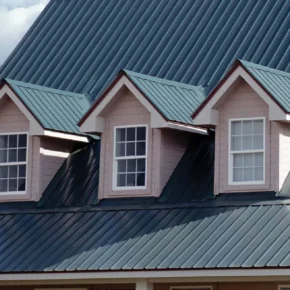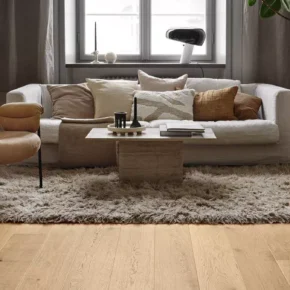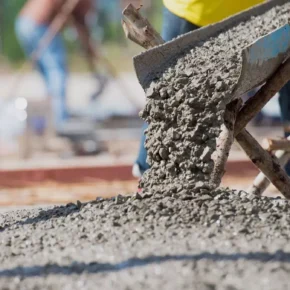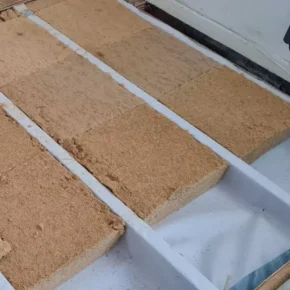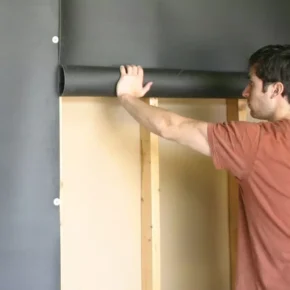An energy-efficient house is not just a trend, but a practical solution for reducing energy costs, increasing living comfort and minimizing the impact on the environment. Thanks to a competent approach to building or repairing a house, you can significantly reduce energy consumption, creating an economically profitable space.
1. Thermal insulation
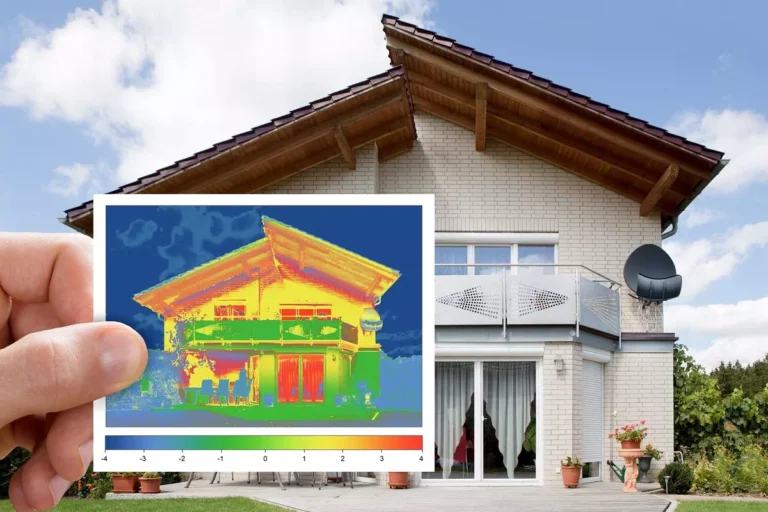
Thermal insulation is one of the main factors of energy efficiency of the house. Correctly selected and installed materials allow to reduce heat loss through the walls, roof, floor and windows.
- Walls : Use insulation that provides a high level of thermal insulation, for example, expanded polystyrene or mineral wool. Also consider the thickness of the walls and the type of materials.
- Roof : Since up to 25% of heat is lost through the roof, it is important to properly insulate it.
- Windows and doors : Energy-efficient windows with multi-layered glazing significantly reduce heat loss. It is also useful to use insulated doors with high-quality seals.
2. Sealing and ventilation
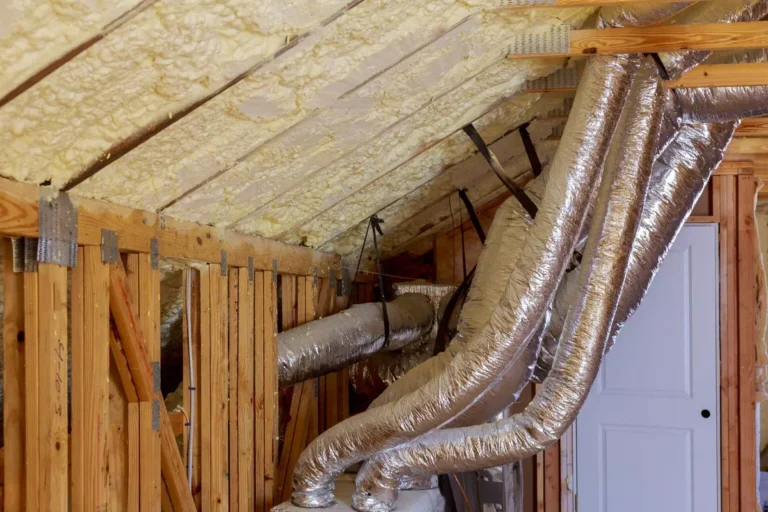
Thanks to the sealing of gaps and joints, heat loss can be avoided. However, at the same time as sealing, it is important to ensure proper ventilation, which will not disturb the energy balance of the house.
- Sealing of joints : All joints and gaps around windows, doors and in the floor must be sealed.
- Ventilation with recovery : Ventilation systems with heat recovery allow you to supply the house with fresh air, while keeping up to 80% of the heat.
3. Heating system
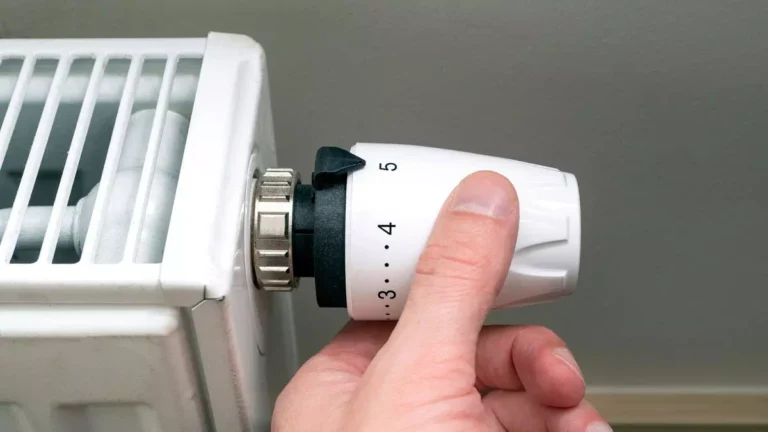
An efficient heating system provides comfort and reduces energy costs.
- Heat pumps : This is one of the most economical technologies that uses energy from the environment. Heat pumps can provide heating and cooling in the summer.
- Underfloor heating systems : Such systems distribute heat evenly throughout the room, which reduces the need for high temperatures at the level of batteries.
- Boilers : If gas boilers are used, choose models with high efficiency and automatic regulation.
4. Windows, orientation and design of the house
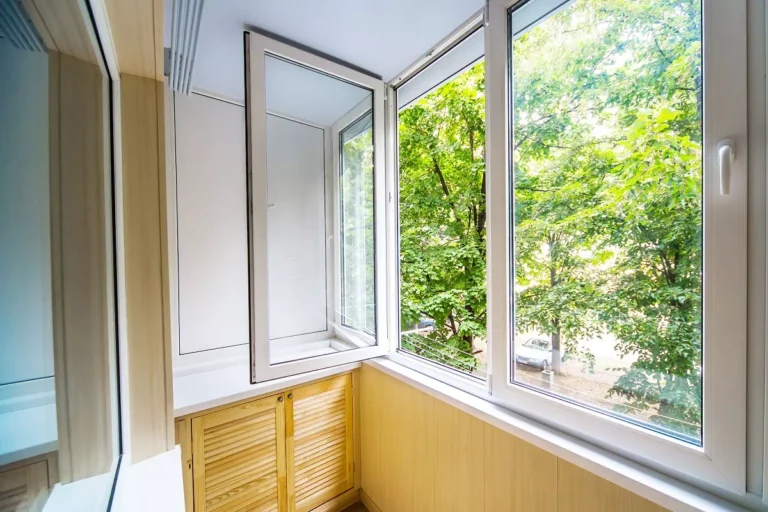
The location of the house and the orientation of the windows also play a significant role in retaining heat.
- Orientation to the south : The location of the windows on the south side allows you to make the most of the solar heat.
- Tree placement : Planting trees around the house can create a natural wind barrier in the winter and shade in the summer.
5. Alternative energy sources
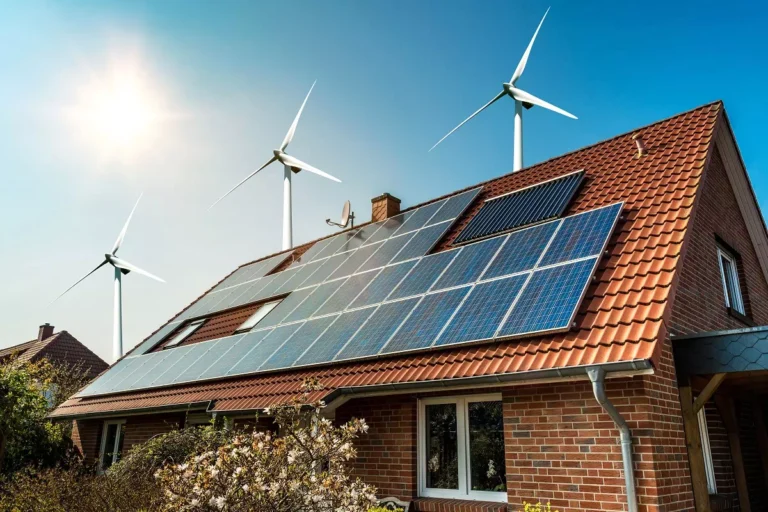
Additional energy sources help reduce dependence on external resources and provide the house with “clean” energy.
- Solar panels : Using solar panels to generate electricity and heat water is an effective way to reduce energy costs.
- Rainwater harvesting systems : Using rainwater for domestic purposes helps reduce tap water consumption and conserve resources.
6. Smart technologies
Modern technologies make it possible to automate the management of various systems of the house, increasing its energy efficiency.
- Smart lighting : Use LED lamps and a lighting control system to optimize electricity consumption.
- Automatic control of heating and air conditioning : Setting the temperature regime at different times of the day reduces the load on heating and cooling systems.
- Monitoring of energy consumption : Special systems allow you to monitor and analyze energy consumption, which helps to save resources.
Advantages of an energy-efficient house
An energy-efficient house provides significant advantages for its residents:
- Utility savings : Lower energy consumption means lower heating and electricity bills.
- Increased comfort : Thanks to proper insulation and ventilation, the house maintains an optimal temperature and fresh air.
- Reduced environmental impact : Using fewer energy resources and alternative sources reduces the carbon footprint of the home.
- Increased property value : An energy-efficient home has a higher market value because it attracts buyers with its cost-effectiveness.
Creating an energy-efficient house requires a comprehensive approach — from high-quality thermal insulation and ventilation to the installation of modern heating systems and alternative energy sources. Investments in energy efficiency not only reduce the costs of maintaining a house, but also make it environmentally responsible, comfortable and durable.

